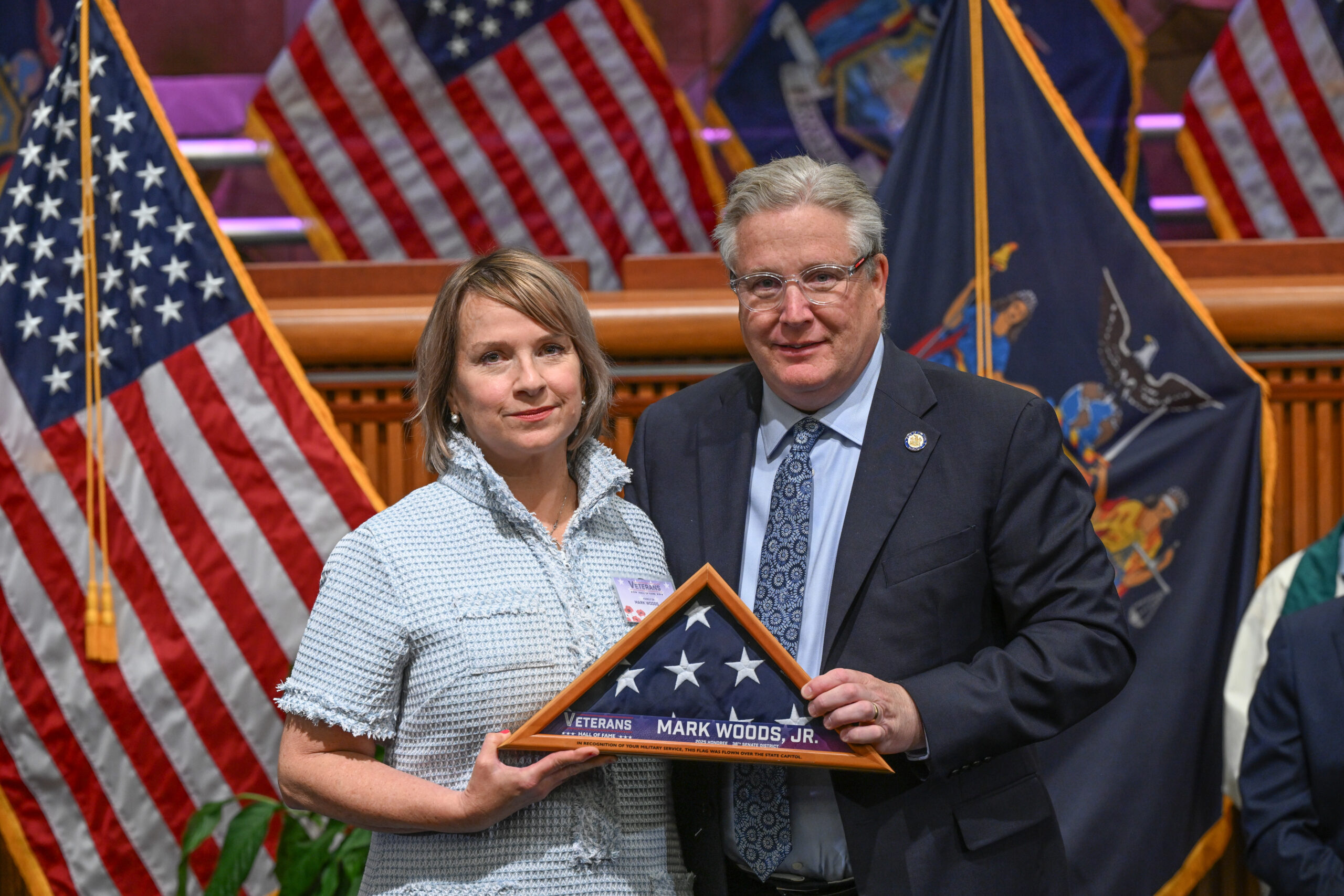ALBANY, NY – Governor Kathy Hochul announced that the New York State Cannabis Control Board voted to approve the first non-conditional adult-use cannabis licenses for entrepreneurs who applied during the 2023 application window which opened on October 4. In total the CCB issued 109 licenses, with 38 going to applicants seeking to open a retail dispensary and another 26 going to applicants seeking to operate a microbusiness license which allows a licensee to grow, process, distribute and sell all under one license.
“Adult-use cannabis is a growing industry in New York that will help local economies across the state,” Governor Hochul said. “The approval of over 100 licenses is a good start and provides individuals with the opportunity to apply for licensing to help drive up local economies around them.”
New York is now home to 70 licensed adult-use cannabis retailers: a mix of CAURD licensees with storefronts, CAURD licensees providing delivery services, and adult-use dispensaries co-located with existing medical dispensaries. With the lifting of a recent injunction in December, New York State has nearly tripled the amount of operating cannabis retailers in the last two months.
OCM anticipates the opening of at least another 25 adult-use dispensaries in the coming weeks, once operators complete final steps required to begin cannabis sales.
New York’s Cannabis Control Board Chair Tremaine Wright said, “We anticipate exponential growth for New York’s cannabis industry in 2024. In the last six weeks alone, we’ve more than doubled the amountof open dispensaries across the state, and in the next few months we’ll more than double the total amount of licenses issued in the last two years. I remain inspired by these incredible entrepreneurs across the state who are leading the way for New York cannabis.”
New York State Office of Cannabis Management Executive Director Chris Alexander said, “New York right now is in the process of issuing one of the largest amounts of adult-use cannabis licenses any State has issued from a single application window. Today 109 licenses were issued, that number will continue to scale up at future meetings. For every applicant eager to get a license, or worried they won’t get selected this round, I want to preach patience. We’re building this market in a thoughtful and methodical way, and we’re working to avoid traps we’ve seen cause stumbles in other markets that have disproportionately harmed smaller operators.”
Applicants approved for the retail and microbusiness licenses today were those who submitted their applications before the November 17 deadline and have a specific location under their control. Additional licenses for applicants who applied by the November 17 deadline, and for applicants who applied by the December 18 deadline, will be issued on a rolling basis at CCB meetings over the next few months. The Office anticipates a significant number of applications will be ready for Board approval at the subsequent CCB meetings. Click here to learn more about the application window that opened on October 4.
After the Office recommended to the Board the 109 adult-use licenses to be awarded at today’s Board Meeting, it analyzed the composition of such licensees. The Office is pleased to report a significant milestone: two thirds (66 percent) of all such licensees are social and economic equity (SEE) owned businesses. One third (35 percent) are women-owned businesses and another third (32 percent) are minority-owned businesses. 10 percent are minority-women owned businesses. The full breakdown is listed below.
New York just tripled the estimated national rate for minority and women owned retail dispensary licensees in the state’s inaugural round of adult-use licensing. An analysis of the composition of today’s adult- use retail dispensary licensees indicates that a full 88 percent are SEE-owned businesses. 60 percent are minority-owned business, 50 percent are women-owned businesses, and 20 percent are minority-women owned businesses. The early resulting level of diversity of ownership within New York’s retail industry will have positive ripple effects for years to come as diversely owned small cannabis brands seek out shelf space.
All SEE licenses issued today by the Board, except those that applied as Extra Priority or Cannabis Compliance Training & Mentorship graduates, underwent the same randomized queuing process as every other applicant and received no additional weight.
Moving forward, the Office anticipates seeing similar SEE proportions across all non-provisional licenses issued. The Office successfully met the Cannabis Law’s goal of 50 percent SEE licensure through a three-part strategy. First, the Office intentionally designed an application process that was accessible but simple, allowing many to complete it within a single afternoon. Second, we enlisted the support of over 60 community-based organizations, academic institutions, non-profits, and law firms, who assisted more than 800 prospective SEE applicants. Third, extensive outreach and educational efforts ensured that communities prioritized under the Cannabis Law were well-informed and adequately prepared for this historic opportunity.
These efforts, coupled with an impartial lottery system, produced outcomes that closely match the present-day demographics of New York State. The vast majority of the state’s residents are women, minorities, or both, and a sizable proportion live in communities disproportionately impacted. The SEE Plan, released by the Office in May 2023, forecasted much of this work with a thorough examination of the barriers to entry and recommendations to avoid replicating the unforeseen consequences of legal markets that came before New York.


 Police/Fire/EMS1 week ago
Police/Fire/EMS1 week ago
 Community1 week ago
Community1 week ago
 Politics1 week ago
Politics1 week ago
 Government1 week ago
Government1 week ago















